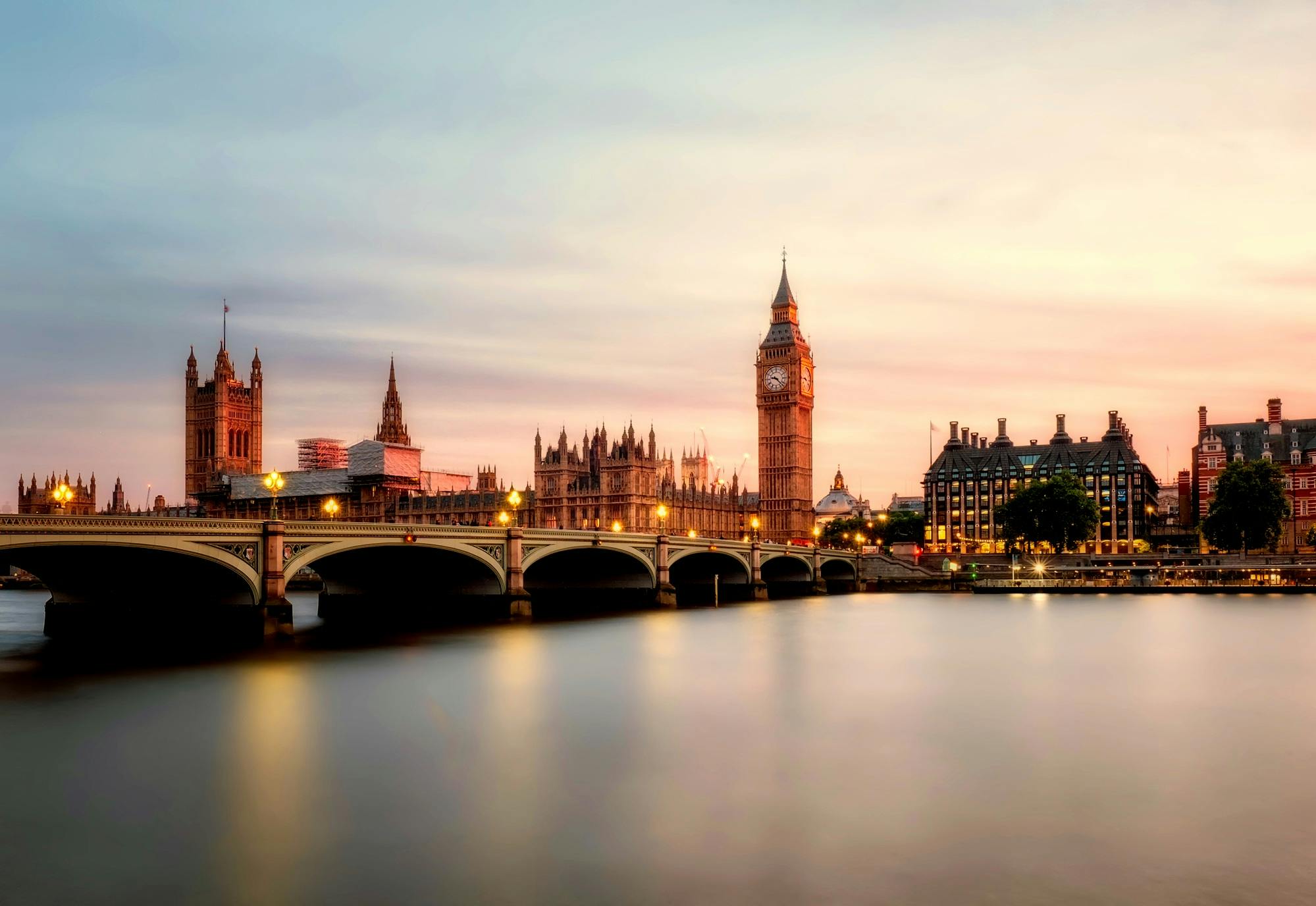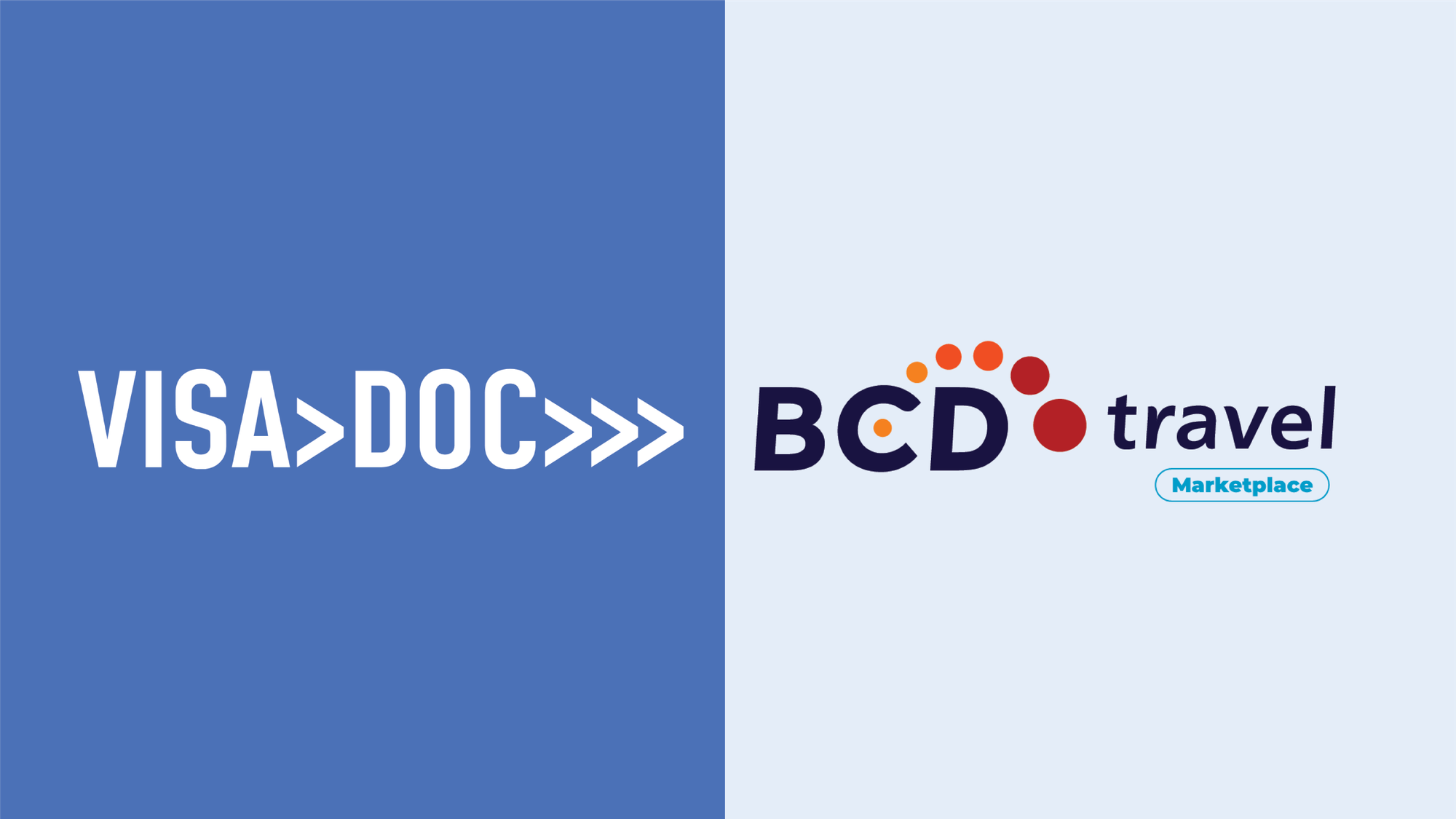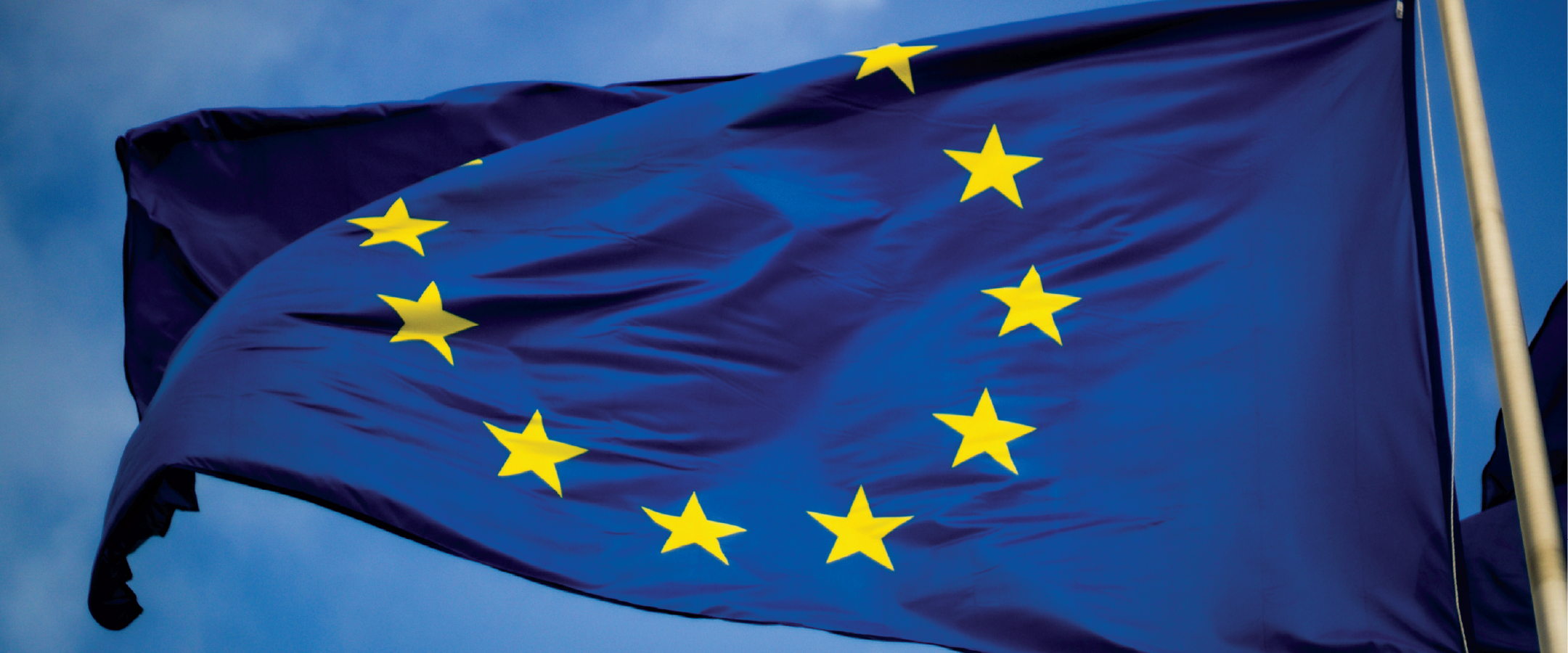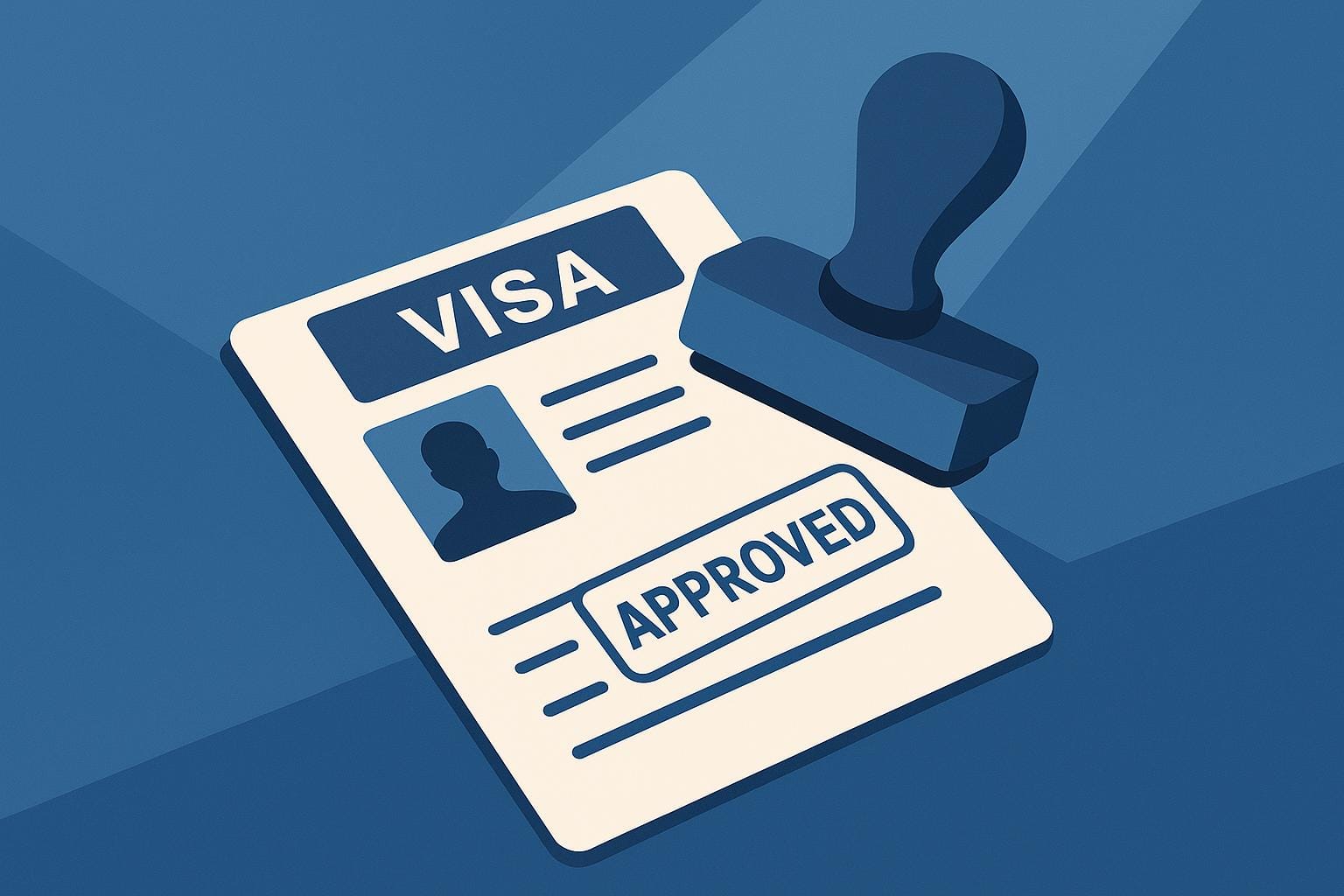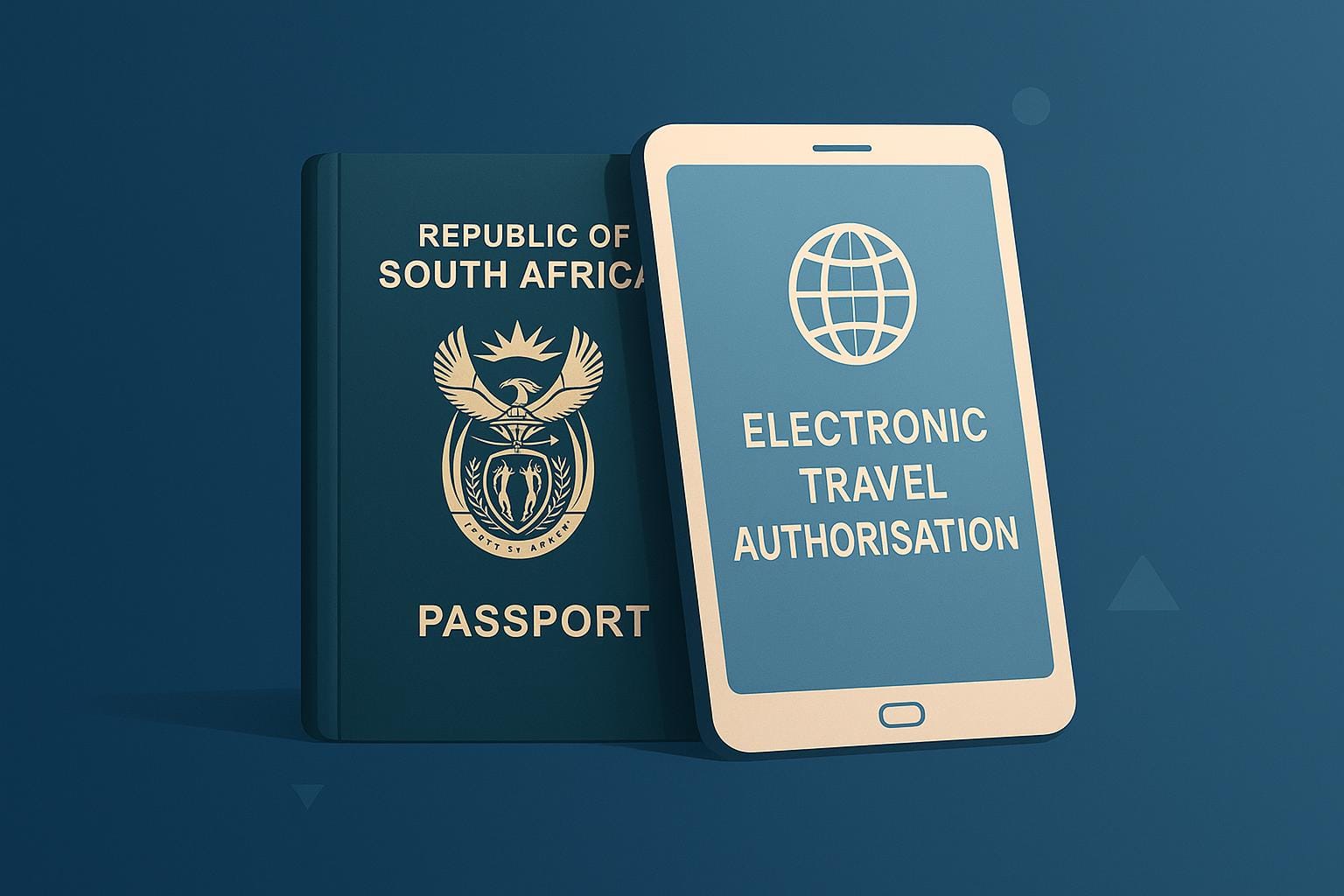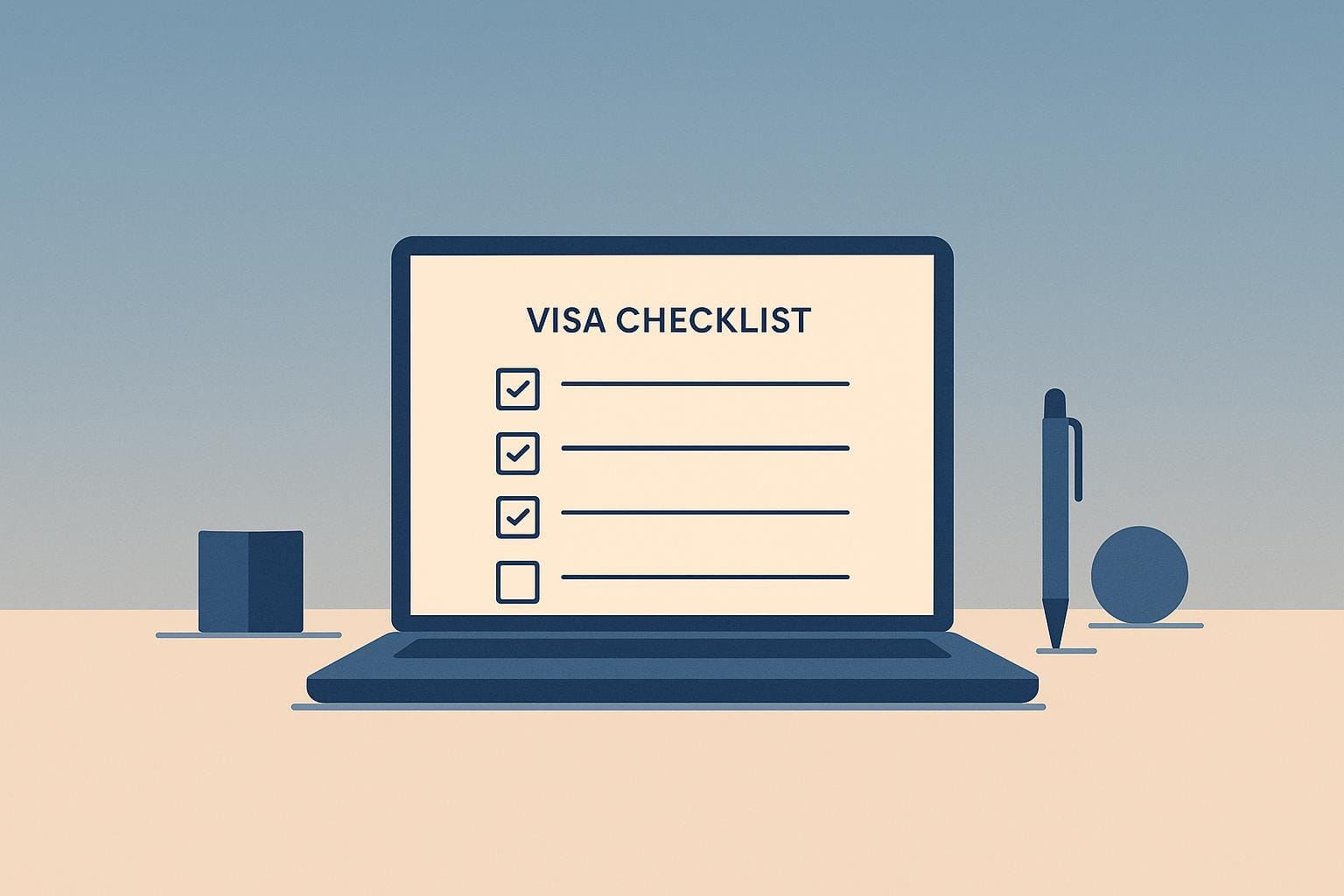Need to work in the UK for a short time and get paid? The UK Permitted Paid Engagement (PPE) visa might be the right choice.
Here’s what you need to know:
- What it is: A visa allowing overseas professionals to carry out short-term paid work in the UK, now part of the Standard Visitor visa (effective 31 January 2024).
- Who it’s for: Recognised experts like academics, artists, lawyers, and sports professionals invited by UK organisations for specific projects.
- Key rules: Paid work must be completed within the first 30 days, though you can stay in the UK for up to 6 months.
- Cost: £127 application fee plus £19.20 for biometrics.
- Documents needed: Invitation letter, proof of professional credentials, financial evidence, and travel details.
- Processing time: Standard processing takes 3 weeks, with faster options available.
Quick Comparison: PPE Visa vs Business Visitor Visa
| Feature | PPE Visa | Business Visitor Visa |
|---|---|---|
| Payment Allowed | Yes, for specific engagements | No, except for expense reimbursement |
| Duration of Paid Work | 30 days (within a 6-month stay) | N/A |
| Eligibility | Recognised professionals with formal invites | General business-related activities |
| Activities | Lecturing, performances, legal representation | Meetings, conferences, site visits |
| Fee | £127 | Standard Visitor visa fee |
This visa is ideal for professionals needing to work briefly in the UK. Follow the rules to avoid issues like visa cancellation or bans on future entry.
Who Can Apply for a PPE Visa
The PPE visa is designed for experienced professionals seeking short-term paid work in the UK. Both applicants and the UK organisations hosting them must meet specific requirements.
UK Host Organisation Requirements
To apply, professionals need a formal invitation from a relevant UK organisation. The type of organisation varies depending on the applicant's profession:
| Professional Category | Eligible UK Host Organisations |
|---|---|
| Artists and Entertainers | Galleries, universities (arts), theatres, broadcasters |
| Academic Professionals | Higher education institutions, research organisations |
| Legal Professionals | UK clients requiring legal representation |
| Sports Professionals | Sports organisations, broadcasters, licensed agents |
| Conference Speakers | UK conference organisers |
The invitation must detail the engagement's dates, location, activities, payment terms, and the organisation's information. This needs to be backed up by verifiable professional credentials.
Required Professional Experience
Applicants must demonstrate their expertise and ensure the engagement aligns with their main profession. For example:
- Artists: Evidence like published works, media features, or awards.
- Guest Lecturers: Proof of past lectures and published academic contributions.
- Lawyers: A practising certificate and evidence of the right to audience.
Semi-retired professionals may qualify if they are still active in their field, but fully retired individuals are not eligible.
In addition to professional credentials, applicants must also show they are financially prepared.
Financial Requirements
To simplify the process, clear financial criteria are in place. Applicants must prove they have enough funds to cover travel, accommodation, and living expenses, as well as a return journey. This requires submitting three months' worth of bank statements to confirm financial stability. Visa fees range from £115 to £127, with additional costs for priority processing .
Applicants must be at least 18 years old and plan to leave the UK once their engagement is complete. The visa allows a stay of up to six months, but all paid work must be completed within the first 30 days of arrival.
Common Business Uses for PPE Visas
The PPE visa allows professionals to undertake short-term, paid engagements in the UK, provided these are formally arranged with a UK-based host. Understanding the permitted activities can help determine when this visa is the right choice. Below, we explore the types of projects and industries that frequently utilise PPE visas.
Types of Allowed Projects
PPE visas cater to specific professional activities tied directly to the applicant's expertise. Here are some common examples:
| Project Type | Description | Required UK Host |
|---|---|---|
| Court Representation | Acting in courts or tribunals | A UK-based client |
| Academic Assessment | Participating in exams or selection panels | A UK university or research organisation |
| Professional Lectures | Delivering specialist lectures or workshops | Universities or research organisations |
| Aviation Assessment | Conducting pilot examinations and certifications | A CAA-approved training organisation |
Each activity must align with the applicant's professional qualifications. For example, a lawyer may be invited to represent a client in a UK court, but the visa does not allow general legal consultancy outside of the specified engagement.
Sectors Using PPE Visas
Several UK industries rely on PPE visas to bring in international experts for short-term, clearly defined roles:
Education and Research
Universities and research bodies often invite academics to chair selection panels, oversee exams, or deliver lectures on specialised topics.
Legal Services
Law firms and corporate legal teams may bring in overseas lawyers to handle specific cases, such as court hearings, arbitration, or tribunal representation.
Creative Industries
Cultural organisations like galleries, theatres, and broadcasters use PPE visas to host artists, performers, and experts for events, performances, or panel discussions.
Aviation Sector
Pilot training bodies approved by the Civil Aviation Authority (CAA) rely on international examiners to assess pilot skills and ensure regulatory compliance.
All engagements must be formally agreed upon, and the work must be completed within 30 days of arrival.
How to Apply for a PPE Visa
Getting a Permitted Paid Engagement visa involves several steps, and it's important to plan ahead. The application process begins with preparation and ends with submission, so make sure you're organised and meet all the requirements.
Application Steps
It's best to start your application about three months before your travel date. Here’s what you need to do:
-
Submit Your Application Online
Head over to the Home Office website to fill out the application form. Remember, if you're travelling with a group, each person needs to complete a separate application. -
Pay the Fees
The visa application fee is £127, and you'll also need to pay £19.20 for biometric enrolment. -
Prepare Your Documents
Gather all the required documents before booking your biometric appointment. If any of your documents are in a language other than English or Welsh, make sure to include certified translations. -
Attend a Biometric Appointment
Visit your local visa centre to provide your biometric information.
Required Documents
Here’s a checklist of what you’ll need for your PPE visa application:
| Document Type | Specific Items | Notes |
|---|---|---|
| Identity & Travel | Current passport | Must be valid for your entire stay in the UK |
| Professional Proof | CV, references, portfolio | Show evidence of your expertise |
| UK Engagement | Formal invitation letter | Should outline activities, dates, and payment details |
| Financial Evidence | Bank statements | Prove you have enough funds for your stay |
| Employment Status | Letter from your employer | Confirm your job role and approved leave |
| Travel Details | Accommodation and itinerary | Provide details of your plans in the UK |
Your invitation letter from the host organisation in the UK is particularly important. It should include:
- A clear description of the activities you’ll be involved in
- Specific dates and locations of the engagement
- Details of payment arrangements
- An explanation of why your expertise is needed
Once you’ve gathered your documents, attend your biometric appointment and then wait for your application to be processed.
Processing Times
The standard processing time is three weeks, though some regions offer expedited services that can reduce the wait to just five working days.
Following UK Immigration Rules
Following UK immigration rules is absolutely essential for PPE visa holders and the organisations hosting them. Once your PPE visa application is approved, staying compliant throughout your visit is critical. Not only does this help you avoid penalties, but it also ensures future visa applications won’t be jeopardised.
30-Day Stay Limit Rules
The PPE visa permits a stay of up to six months, but there are some specific conditions you need to meet:
- Work-related activities must be planned, clearly defined, and completed within the first 30 days of your arrival.
- The remaining time can only be used for permitted activities like tourism.
The Home Office keeps a close eye on PPE visa usage to ensure it’s not being exploited as a pathway for ongoing employment.
Required Records
Keeping detailed and accurate records is a must to comply with the 30-day work restriction. Both UK host organisations and visa holders are responsible for maintaining proper documentation throughout the engagement.
| Document Type | Details Required |
|---|---|
| Invitation Letter | Engagement details, dates, and location |
| Professional Credentials | Proof of qualifications and relevant experience |
| Financial Records | Evidence of payment details and proof of sufficient funds |
| Travel Documents | Entry/exit stamps and boarding passes |
| Accommodation Details | Information about where you’ll be staying |
All documents must be in English or Welsh, or accompanied by a certified translation. Keep both physical and digital copies handy, as they may be requested for inspection.
Penalties for Rule Breaks
Adhering to these rules and maintaining proper records isn’t just about staying organised; it’s about avoiding serious consequences. Breaching PPE visa conditions can lead to severe penalties, including:
-
Unauthorised Work
- Cancellation of your visa
- Deportation and bans on future re-entry
- Heavy fines for employers
-
Overstaying
- Visa cancellation
- Possible re-entry bans
- Issues with future visa applications
-
Submitting False Documentation
- Criminal prosecution
- Immediate visa revocation
- Permanent ban from entering the UK
- Significant financial penalties
If your circumstances change, make sure to inform the Home Office within 10 working days. Staying proactive and compliant can save you from unnecessary complications.
PPE vs Business Visitor Visa Details
Understanding the differences between the PPE and Business Visitor visas is crucial when planning short-term projects in the UK. Here's a breakdown to help you choose the right option.
Visa Comparison Table
The table below highlights the key distinctions between these visa types:
| Feature | PPE Visa | Business Visitor Visa |
|---|---|---|
| Duration | Up to 6 months; paid work allowed only in the first 30 days | Maximum of 6 months |
| Payment Allowed | Yes, but only for specific pre-arranged activities | No, except reasonable expenses |
| Application Fee | £127 | Standard Visitor visa fee |
| Required Experience | Must be an established expert in your field | General business-related experience suffices |
| Invitation | Requires a formal invitation from a UK organisation | May be needed for certain activities |
| Primary Activities | Includes lecturing, examining, or specific artistic performances | Covers meetings, conferences, site visits |
| Repeat Visits | Not allowed for the same engagement repeatedly | Permitted within the rules for multiple visits |
This table provides a clear overview to help identify which visa aligns with your professional activities.
When to Use Each Visa
PPE Visa is suitable if:
- You will receive payment from a UK organisation.
- You are recognised as an expert in your field.
- The work is completed within 30 days.
- Activities include examining, lecturing, or specific legal work.
Business Visitor Visa is appropriate if:
- You are attending meetings or conferences.
- You are negotiating or signing contracts.
- You are conducting site visits or inspections.
- You are gathering information for work outside the UK.
- No direct payment will come from a UK organisation.
Following these guidelines ensures you choose the visa that matches your professional requirements.
Practical Examples
Here are some real-world scenarios to illustrate:
- Academic Exchange: A professor from Toronto delivering paid lectures at Oxford University would need a PPE visa. This involves payment from a UK organisation and specific expertise, all within a 30-day timeframe.
- Corporate Training: A senior executive attending quarterly board meetings in London would use a Business Visitor visa. These activities fall under standard business practices with no UK payment involved.
Using the wrong visa type or mixing categories can lead to serious immigration issues. Always consult the latest Home Office guidance for up-to-date information.
Summary
As of 31 January 2024, the Paid Permitted Engagement (PPE) visa has been integrated into the Standard Visitor route. This change allows professionals to stay in the UK for up to six months, provided any paid work is completed within the first 30 days. Understanding these updates is crucial for organisations managing visa requirements for short-term projects. Below, we outline the main benefits of the PPE visa and share practical advice for HR teams.
Main PPE Visa Advantages
The PPE visa brings several perks for short-term assignments. One standout feature is the flexibility to receive payment from UK organisations for specific tasks like guest lecturing, legal representation, or artistic performances. This sets it apart from the Business Visitor visa, which only permits reimbursement for reasonable expenses.
Another advantage is its affordable cost. At £127, the application fee is straightforward and avoids the complications tied to sponsorship requirements. The simplified application process further eliminates the need for sponsor licences.
The visa’s six-month validity period adds another layer of convenience. While paid work must be wrapped up within the first 30 days of arrival, the extended duration allows professionals to handle follow-up tasks, attend meetings, or explore other business opportunities.
Lastly, the visa’s eligibility criteria ensure access is limited to established professionals, maintaining high standards and enabling organisations to attract top-tier talent.
Tips for HR Teams
HR teams can streamline their processes and ensure compliance by adopting these practices:
- Plan ahead: Submit applications up to three months before travel to allow ample processing time and address any potential issues.
- Prepare documentation: Include a detailed invitation letter that specifies dates, location, purpose, and the professional relationship between the organisation and the visitor. Avoid suggesting a permanent teaching role.
- Verify finances: Provide proof that the visitor can sustain themselves during their stay without relying on public funds.
- Monitor compliance: Keep accurate records of arrival dates and ensure all paid work is completed within the 30-day limit. This is vital for adhering to immigration rules.
- Stay updated: Regularly check official UK government guidance, as immigration regulations can change without much notice. Building relationships with immigration experts can help your organisation remain informed.
- Communicate clearly: Make sure visiting professionals fully understand the activities permitted and prohibited under their visa.
FAQs
What is the difference between the UK Permitted Paid Engagement visa and the Business Visitor visa, and how do I choose the right one for my trip?
The UK Permitted Paid Engagement (PPE) visa is tailored for professionals invited to perform specific paid tasks in the UK for up to one month. Common applicants include artists, academics, or other experts who have received a formal invitation from a UK-based organisation. To apply, evidence of this invitation is required, making it a suitable option for short-term, paid engagements.
On the other hand, the Business Visitor visa covers a broader range of unpaid business-related activities, such as attending meetings, conferences, or training sessions. This visa is valid for up to six months but does not allow paid work unless it meets the criteria under the PPE visa.
When deciding between the two, think about the purpose of your trip. If you’re undertaking paid, short-term work, the PPE visa is likely more appropriate. For unpaid business activities, like networking or attending events, the Business Visitor visa is the better choice.
Who can apply for the UK Permitted Paid Engagement visa, and what qualifications and documents are required?
The UK Permitted Paid Engagement (PPE) visa is designed for professionals invited by a UK-based organisation to undertake paid work directly tied to their expertise. This visa is open to individuals such as artists, entertainers, musicians, academics, and other specialists who can prove their professional qualifications and the relevance of the work they are invited to perform.
To be eligible, you must meet the following requirements:
- Be at least 18 years old.
- Have a formal invitation from a UK organisation.
- Provide essential documents, including a valid passport, proof of your professional status (such as a letter from your employer or evidence of your expertise), and details of the specific engagement.
- Demonstrate that you have enough funds to support yourself while in the UK.
While the PPE visa permits a stay of up to six months, the paid engagement itself must be completed within the first 30 days of your arrival.
How can UK organisations comply with the Permitted Paid Engagement visa rules, and what are the risks of non-compliance?
To meet the guidelines of the Permitted Paid Engagement (PPE) visa, UK organisations must ensure the engagement is pre-arranged and backed by a formal invitation. Additionally, the activities must fall under the permitted categories. The visitor must complete their engagement within 30 days of arriving in the UK and must be at least 18 years old. Carefully checking that all requirements are fulfilled is crucial to avoid complications.
Failing to comply can have serious repercussions. These include losing your sponsor licence, damaging your organisation's reputation, and facing financial penalties. It could also harm future immigration applications for both your business and the individual. By adhering to the rules, you safeguard your operations and ensure short-term assignments run smoothly.



